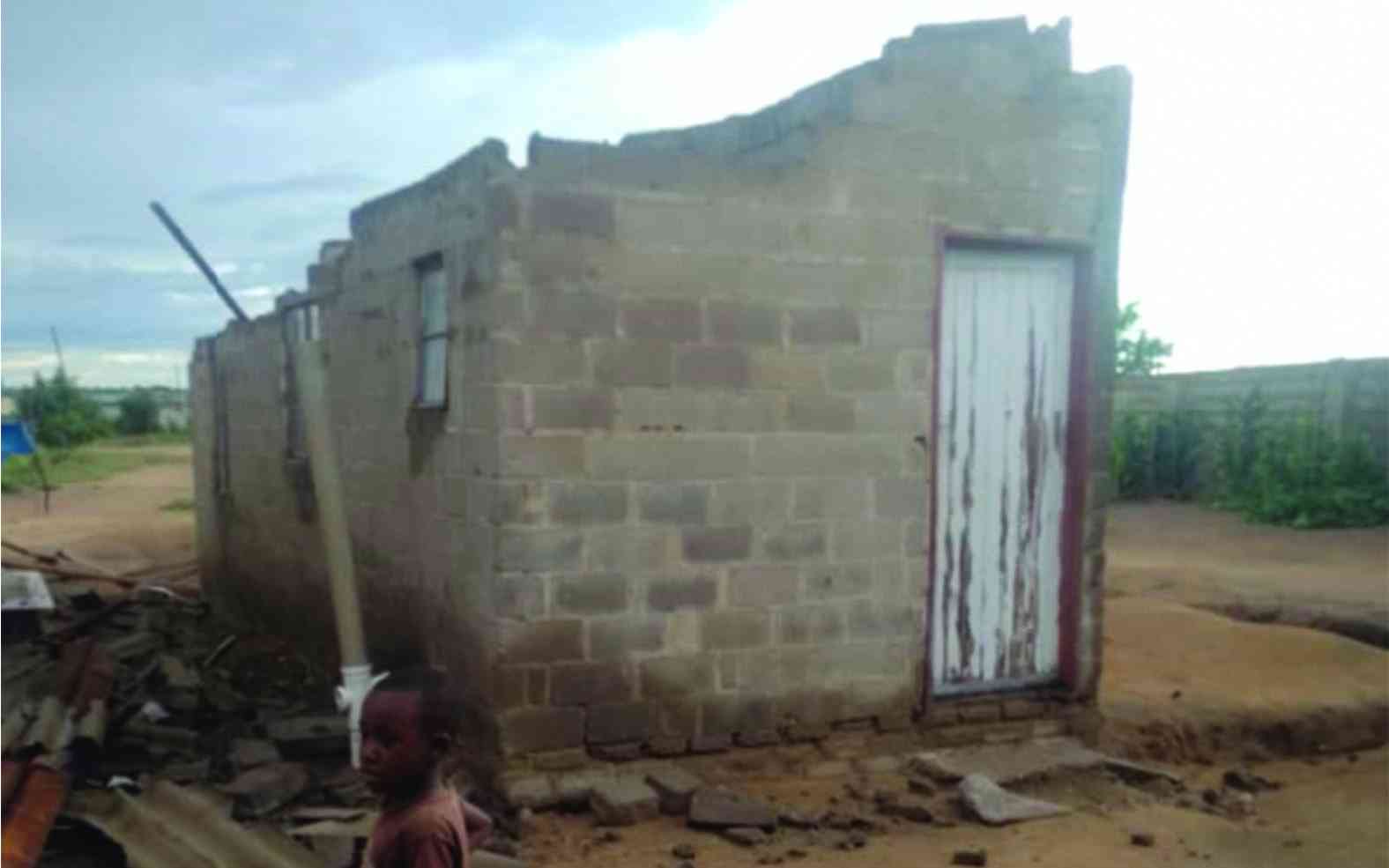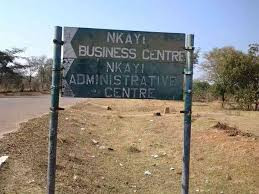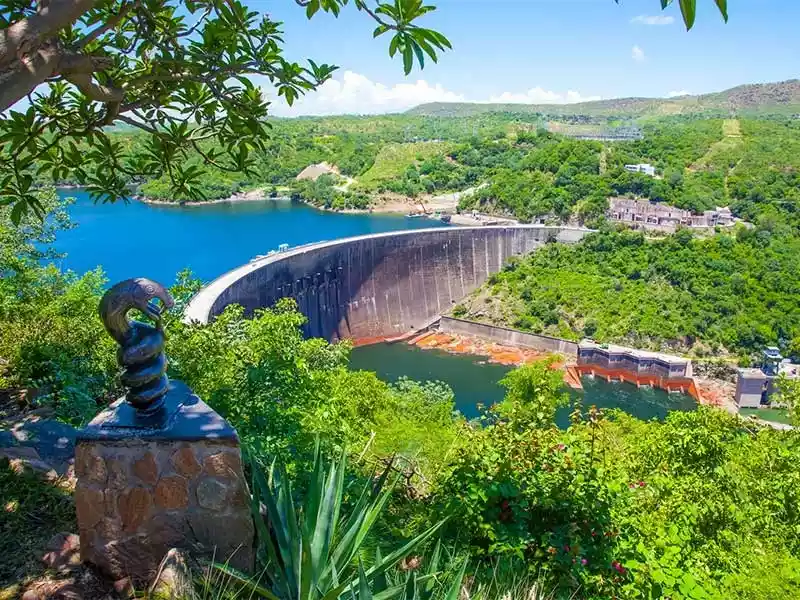
The Mthwakazi Republic Party (MRP) has condemned the government for what it describes as systemic and tribal-based marginalisation, accusing it of selective compassion during national disasters.
MRP leader Mqondisi Moyo, pointed to the official response to the Esigodini road accident of November 14, 2023, which killed 22 people, as a stark example.
He contrasted this with the government’s swift reaction to the recent Polokwane tragedy, suggesting a deep-seated bias in how the state values its citizens.
Moyo labelled the Esigodini crash a “chilling testament to the moral decay, tribal prejudice, and institutional rot deeply embedded in Zimbabwe’s governance system.”
He stated that the incident was not merely a traffic accident but a moment that “stripped bare the soul of a government whose conscience has long since withered under the weight of tribal arrogance and selective humanity.”
“When the dust settled on that horrific night, there was no swift government intervention, no coordinated rescue effort, no ministerial statement of sympathy,” Moyo said.
“Instead, the bodies of our brothers and sisters were loaded onto an open lorry like discarded cargo, ferried away without dignity, without compassion, and without the faintest acknowledgement of their worth as citizens.”
According to Moyo, this was not an administrative failure but a “deliberate humiliation,” reflecting a historic pattern of disdain towards the people of Matabeleland.
- Mavhunga puts DeMbare into Chibuku quarterfinals
- Bulls to charge into Zimbabwe gold stocks
- Ndiraya concerned as goals dry up
- Letters: How solar power is transforming African farms
Keep Reading
In contrast, Moyo cited the government’s response to the Polokwane tragedy on October 12, 2025, where a coach crash claimed 36 Zimbabwean nationals.
“The government of Zimbabwe reacted with uncharacteristic speed and compassion,” Moyo said.
“Funds were swiftly released, senior officials pledged state assistance, and government-funded transport was arranged for bereaved families.”
He highlighted that the state partnered with a funeral service, commissioning a fleet of branded hearses to repatriate the remains in an organised convoy.
“In stark and painful contrast,” Moyo continued, “for the 22 Esigodini travellers, there was no declaration of a national disaster, no emergency mobilisation, and no ministerial visit. Instead, an open lorry was sent to the accident scene to pile up the lifeless bodies of our people like baggage, covered with torn blankets and plastic sheets.
“Their dignity was stripped in death, just as it had been denied in life.”
Moyo argued that this “pattern of selective concern” proves the state was incapable of impartial governance.
He claimed that Zimbabwe has been reduced to a “hierarchy of human worth, where access to empathy, justice, and national recognition is determined by tribe and region.”
Moyo said this is the reason why the MRP is in pursuit of self-determination.
“Self-determination is not rebellion, it is a universal human right,” Moyo noted. “Mthwakazi’s demand is therefore not for division, but for justice and restoration—the freedom to govern ourselves and to protect our people.”









